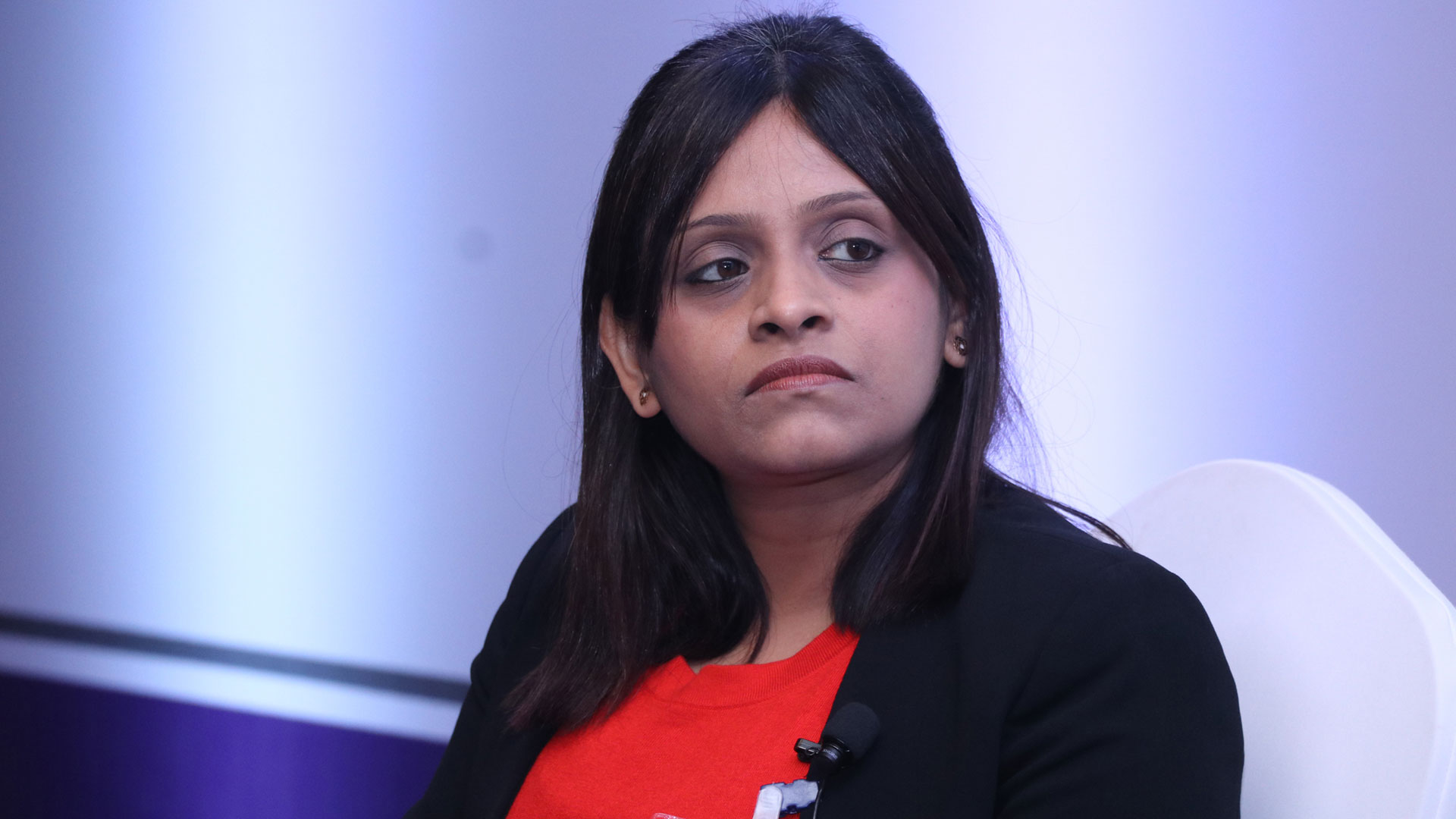With over a decade of experience in corporate treasury, Zarine Swamy is branching out to explore other ventures. As her time as a corporate treasurer draws to a close, we spoke with her to discuss her experiences, and what wisdom she wants to pass on to others.

Describe your career path
I started as an intern at Indian conglomerate, Larsen & Toubro. I worked directly under the treasurer at the time and it sparked my interest in corporate treasury. I then had four years outside of treasury, and then L&T; Infotech, a Larsen & Toubro company, had a vacancy for a Treasury Executive.
Within five years I rose to become Treasury Manager, after which I moved to SOTC Travel Ltd as Head of Treasury. Five years after that, in May 2020 I left the company to pursue start-ups of my own: Success Valley and Beyond Abilities.
What did you enjoy most about corporate treasury?
I always made a point of working on projects that fall outside of the remit of treasury, such as spearheading the establishment of a division for currency exchange. I headed the set-up of this by entering into agreements with service providers, negotiating rates and establishing agreements for currency purchase, getting the people in the department, and just basically getting things going from the ground up.
My favourite treasury function though is financial modelling. I actually devised quite a few financial models in my various roles, including cash flow projection models and calculation models. There was no treasury software available at the time either, so I had to do them all on Excel spreadsheets. But that did give me a lot of valuable hands-on experience in financial modelling for treasury and is part of the reason I find it so gratifying.
How have you noticed the role of the treasurer evolving over the last few years?
It’s definitely becoming a more executive function, and the modern treasurer is now up with the CEO and CFO as a decision-making partner. There are several factors responsible for this, such as regulations evolving and becoming tighter, and the increasing use of a wider range of metrics to evaluate the merits of the business.
For me in India, the country has it’s own insolvency and bankruptcy code that came into place after 2008, so treasury became a much more specialised function. It was no longer a small function limited to one department within the organisation and called upon whenever a banker was demanded. Instead it became central to the running of the organisation.
It’s also evolved with the introduction of more technology. The future is tech, and when I joined a treasury, I made sure that making the case for automation was really high on my agenda. It means that treasurers don’t spend a lot of time on time-consuming, manual processes and can instead focus on innovation, franchising and becoming a truly strategic partner to the business.
How has being a female in a traditionally male-orientated world impacted your career?
There’s often a ‘men only’ culture in corporations. The main one is the smoking sessions that happens every day outside the office building. Men gather and smoke, and typically women would be excluded from that – especially if they’re non-smokers. I think a lot of women can relate to this globally as well, as it happens at so many companies.
These sessions are so valuable for informal bonding between colleagues. It doesn’t happen as often anymore though, and the feedback I receive about the diversity and inclusion space is extremely encouraging now.
What are some of the key skills a treasurer needs to be successful?
Soft skills, for sure. The ability to listen is so important for negotiations, and the ability to understand other people is necessary for forming and maintaining relationships both outside and within the organisation.
An obvious one is attention to detail, and being able to think quickly. Market numbers can change every second, currency fluctuates every second, stock rates are fluctuating, commodity prices are fluctuating, and so sometimes decisions need to be made incredibly quickly.
A key one for me has also been understanding that a mistake isn’t something we need punishment for, but rather an opportunity to learn. That’s actually been my biggest life takeaway from corporate treasury.
The full version of this interview will be available in the July/August edition of Treasury Today Asia.